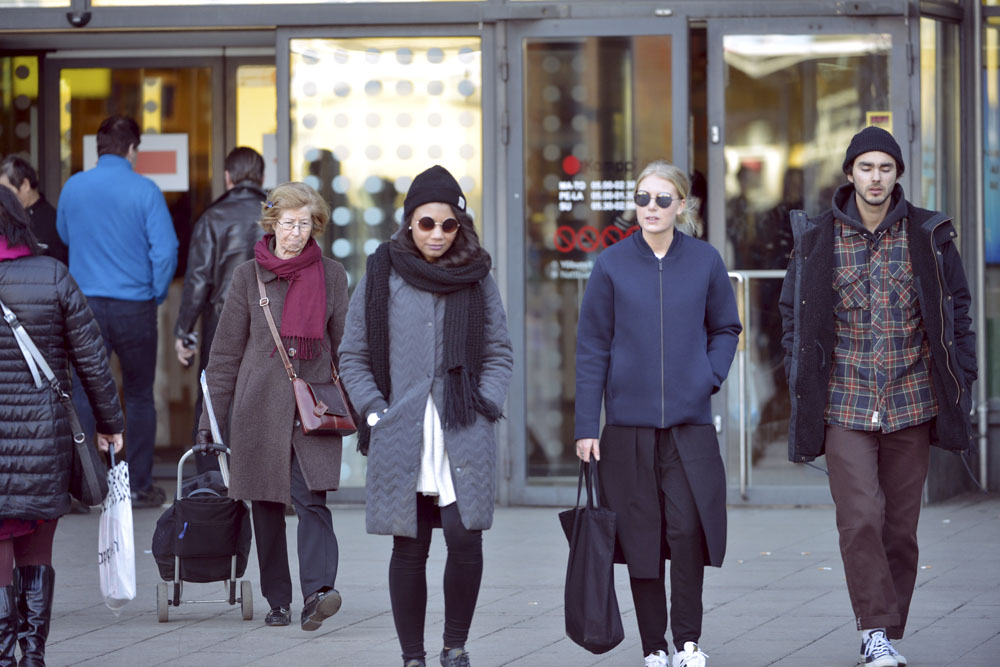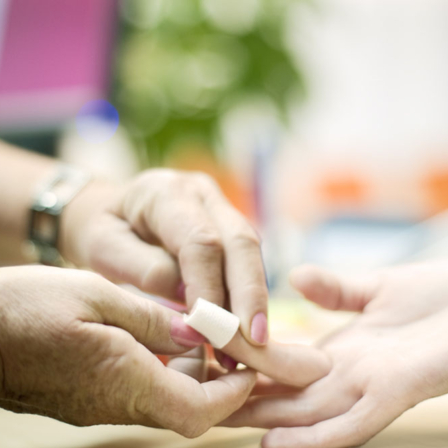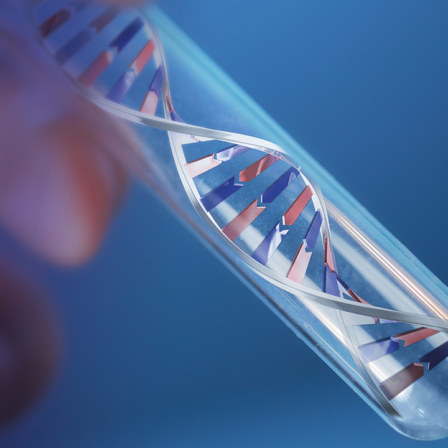Who would have thought that the next revolution in our world and lives would emerge from Finland?
The history of the world’s economy is full of examples of domino effects resulting from a single development. When several, apparently unconnected, developments converge and continue in the same direction, the result can be historical upheaval that is larger than the sum of its parts. The industrial revolutions of the 1800s and 1900s are prime examples of this.
The production process was completely revolutionised in the early 1900s by factories’ transitions from steam power to electric motors. Gone was the need to mechanically transmit power from a large central energy source to various parts of a factory, since each machine was now powered by its own motor and work could be organised around output. A production model based on assembly lines was introduced and was soon running at full volume, flooding the markets with consumer goods and transforming the Western way of life.
In health and well-being services, the paths of seemingly unconnected developments are once again converging, creating something totally new. This may well revolutionise the way in which we produce services, organise work and view the world and ourselves.
Such a change is based on our existing, wide range of personal data reserves, as well as digitisation and the development of health technology. Other key elements include the Finnish people’s high level of education and their trust in the authorities. For instance, Finland has a long tradition of gathering personal information, dating back to the 1600s, when the Bishop of Turku, Isaacus Rothovius, began maintaining a parish register.
The parish register did not simply “appear”. And neither did the statistics of Finland in the decades and centuries to come, or the social security code, which now plays a key role in our personal data use. In much the same way, the future does not just happen – we make it happen. In autumn 2015, Sitra launched a new set of projects to prepare for the establishment of an entity focused on gathering and co-ordinating well-being data. Inspired by Bishop Rothovius, the working title of these projects is Isaacus – the digital health hub. The Isaacus launch event for stakeholders was held in mid-November in Helsinki. The work will continue until 2017.
From a single access point, Isaacus will provide data concerning well-being – such as patient, demographic and lifestyle data – and open data gathered from various registers and sources. When gathering and processing this data, special attention will be paid to the protection of privacy, data security and the individual as the key decision-maker on what the data is used for and by whom. This is indeed a revolution, because information is power. The transformation is about shifting power from institutions to individuals.
As a solution, this has the advantage of making use of all data affecting well-being in Finland, while taking due account of the attendant rights. Citizens will be able to view their own data and use it to maintain their personal well-being, as well as gain access to services based on better data than is currently available. Unhindered use of the full range of data generated by society will lead to better care and treatment with a greater impact, boost the efficiency of service production and research, and help the business sector to regenerate. Examples of improved services and products include digital healthcare services and health promotion programmes based on a range of health and well-being data, and personalised medicine.
Isaacus is a continuation of previous Sitra projects which focused on issues such as business intelligence (BI) technologies for social welfare and healthcare data, practical trials of self-care e-services, the development of eServices, the “Solutions for e-well-being” focus area, and the use of genome data in staying healthy and preventing illnesses. The work will be done in extensive collaboration with the public and private sectors and NGOs.
In recent decades, the assembly lines of factories built during the industrial revolutions of past centuries have been relocated from the affluent West to other countries. However, the assembly line approach still predominates in the way we see the world. The difficulty we experience in switching from a mass production mindset to focusing on personalised services is an example of this. In particular, public-sector services have been viewed as being the same for all, unidirectional and top-down.
The Isaacus project tests whether we have the courage to see others and ourselves as unique individuals in terms of our heritage, characteristics, health, ideas and needs. It also gives us the opportunity to create new business activities, learn something new about ourselves and develop even better services.



Recommended